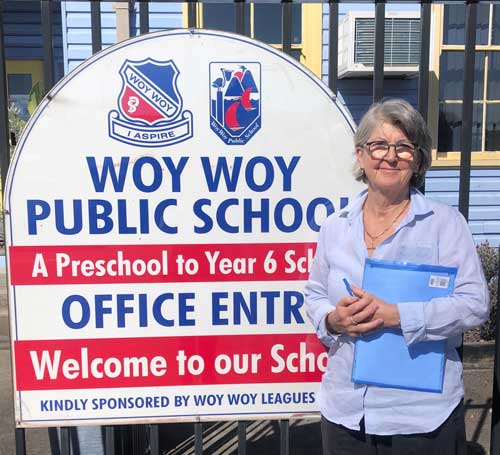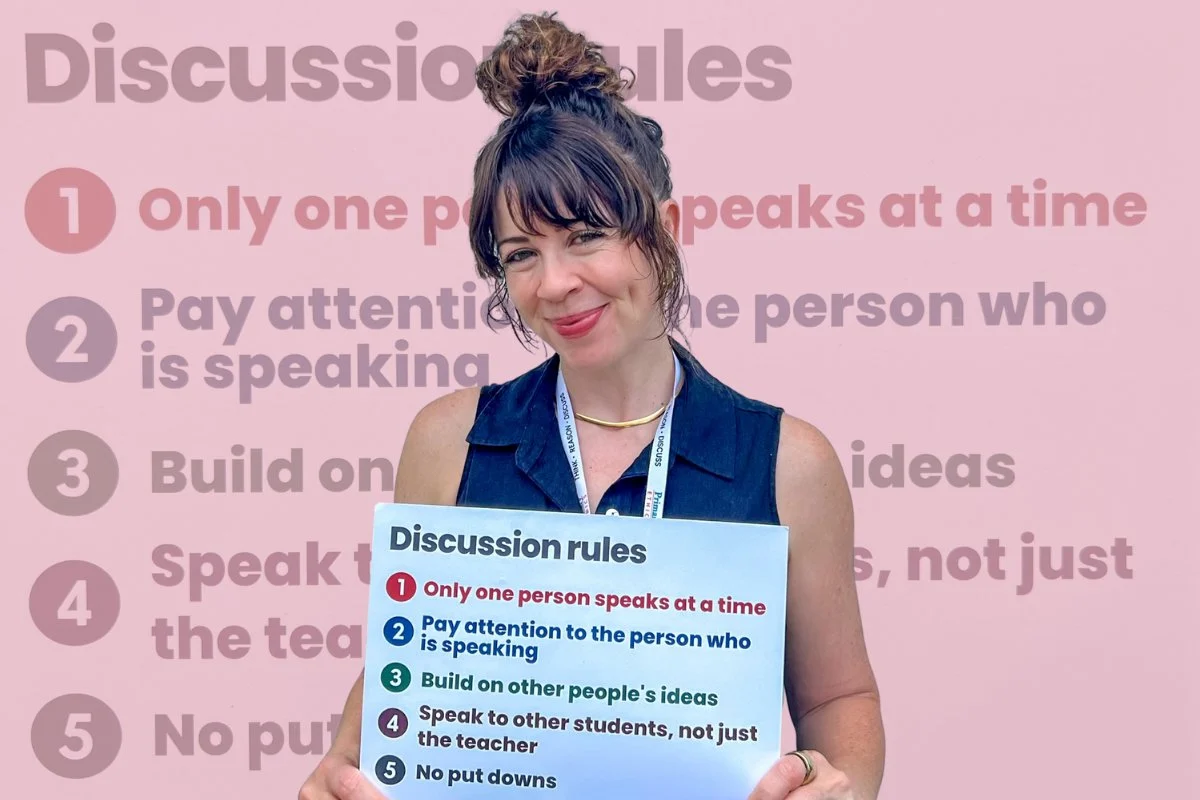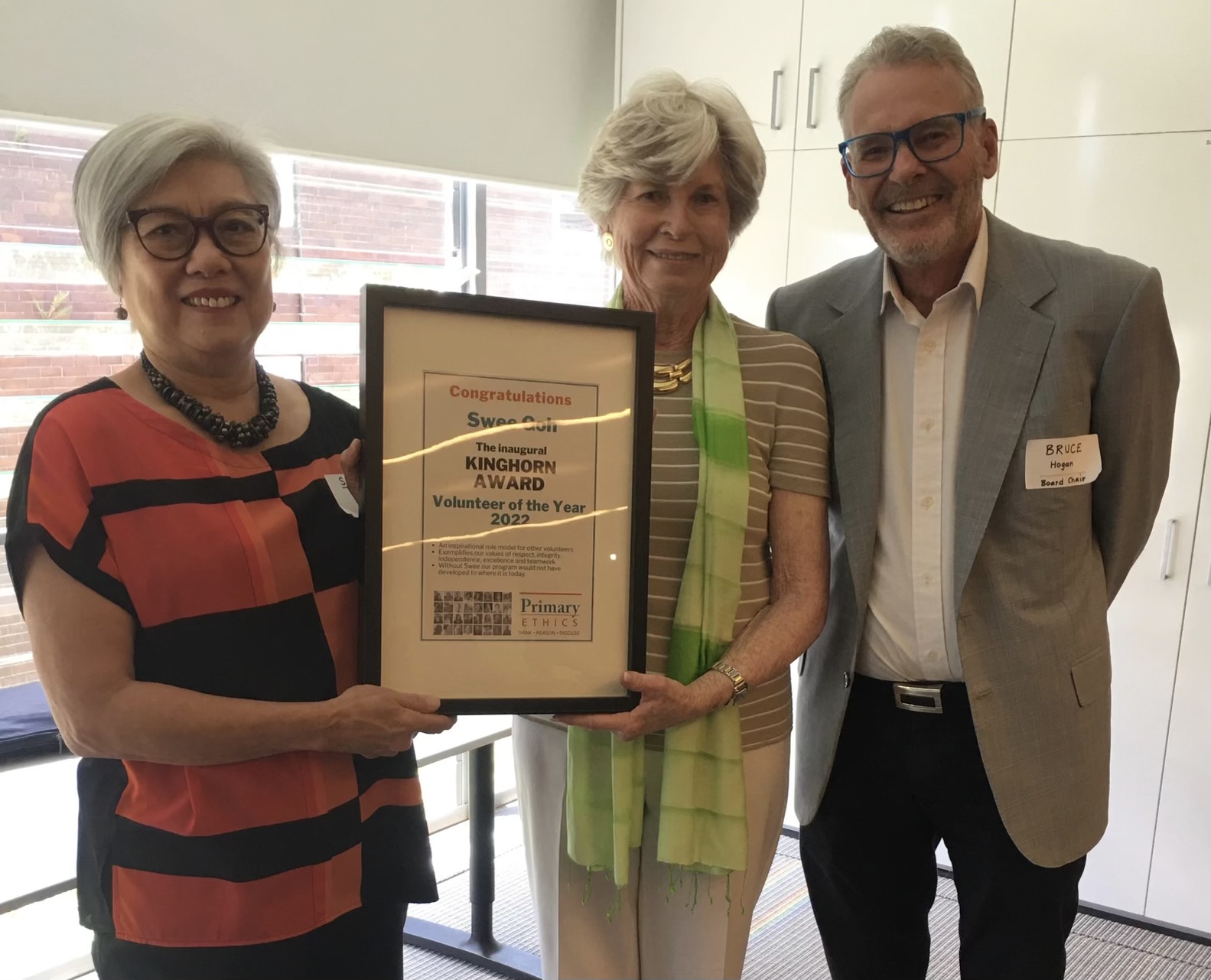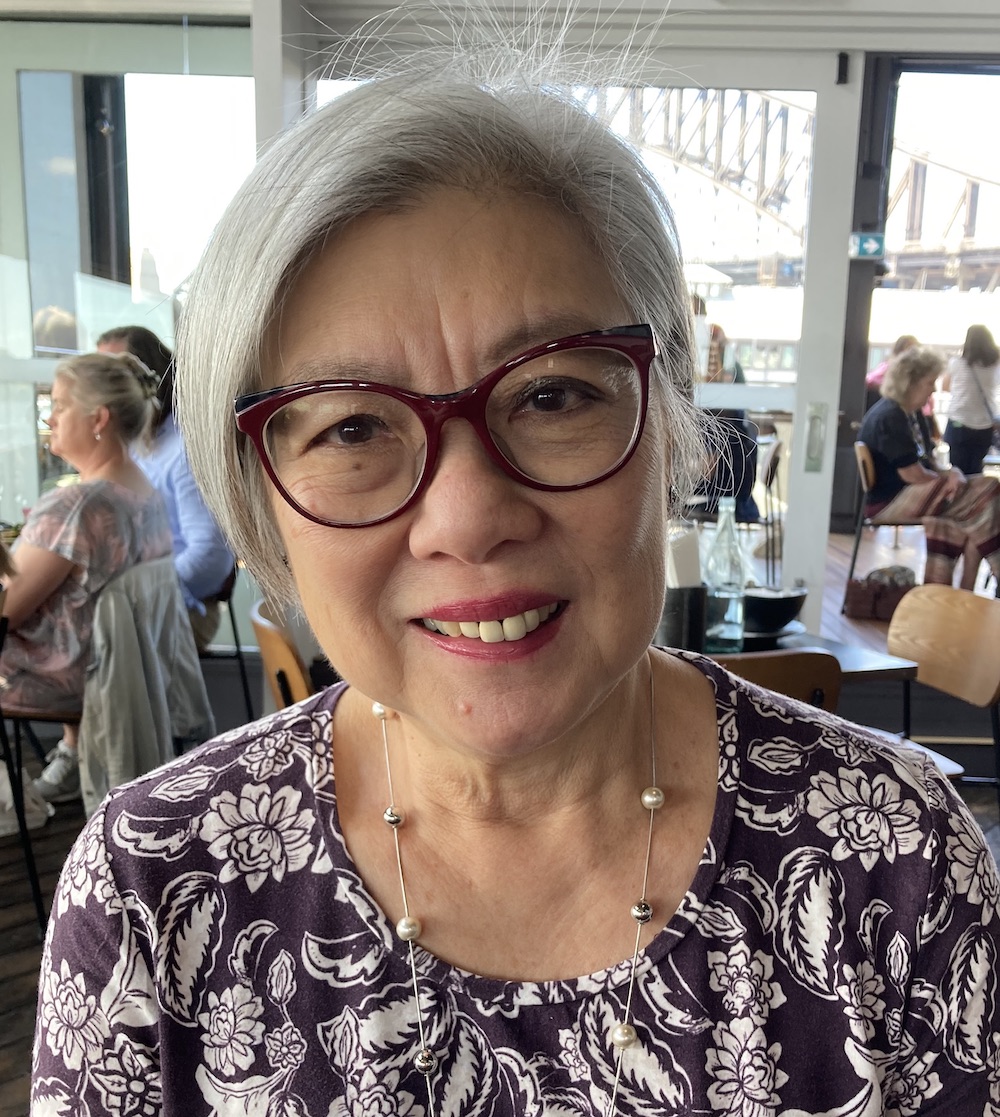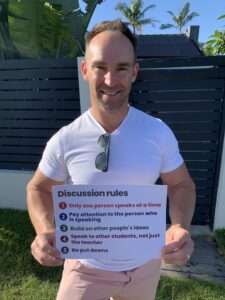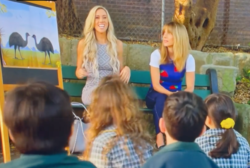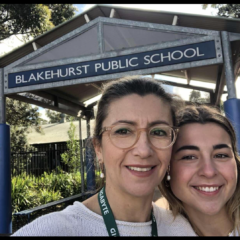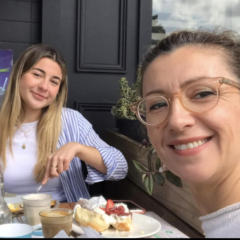Jo: ‘Joy, amusement and the intangible benefits of volunteering’
Jo Gardner began volunteering as an ethics teacher at local schools on the Central Coast six years ago. She was motivated by a sense of wanting to give back, having a connection with the young generation and providing an option for parents who don’t want their children to participate in religious education. Jo says she has found “joy, amusement and all the intangible benefits of volunteering” along the way.
“Initially I saw an article about ethics classes in the local newspaper”, Jo said. “I’ve always had an interest in ethics and heard Simon Longstaff of the Ethics Centre speak on a number of occasions. The free training workshop with Primary Ethics was a wonderful experience and I’ve now learnt so much for myself about ethics and philosophy. I believe that critical thinking is an important skill for us all and being able to, in some small way, help kids develop these skills is a privilege.”
Jo teaches two classes a week and says it takes her about an hour to prepare for each, reading carefully through the lesson script which is supplied to her by Primary Ethics.
The best part of being an ethics teacher is the children. I am exposed to their wonder in life.
“I like seeing the kids thinking and then coming up with ideas… Their talkative natures with great explaining of their thoughts, sometimes a bit convoluted but always considered and revealing their willingness to think about ethical issues. Watching them have ‘aha’ moments and learning how to build on other children’s point of view. Also their willingness to disagree.”
Jo’s grandson has been in her ethics classes for the past two years. “I have been rewarded seeing him mature into a thinking, empathetic young boy. We’ve been able to discuss things in the lessons that would not normally come up in conversations between a grandparent and child.”
Jo says she would encourage anyone with a spare hour or two in their week to volunteer as an ethics teacher. No previous teaching experience is needed. Like Jo, you will get a lot out of it yourself, as well as contributing to the richness of your students’ lives.
